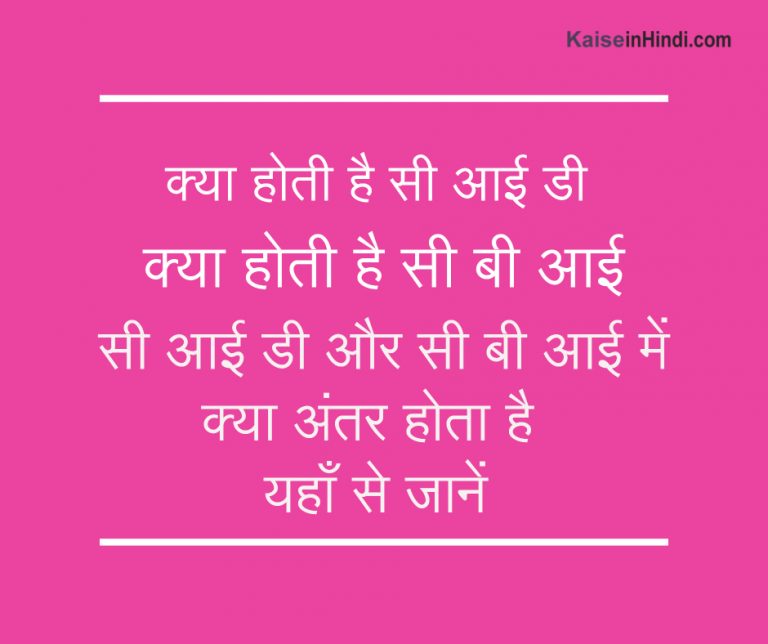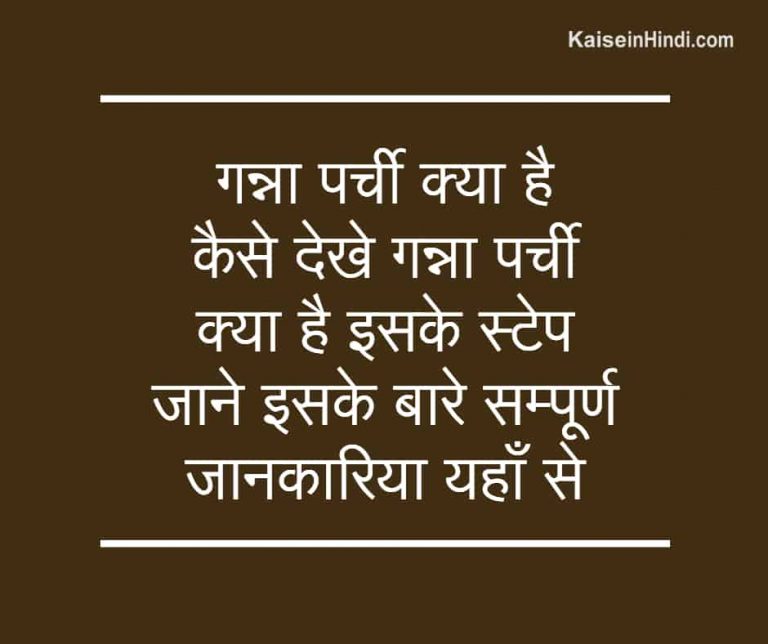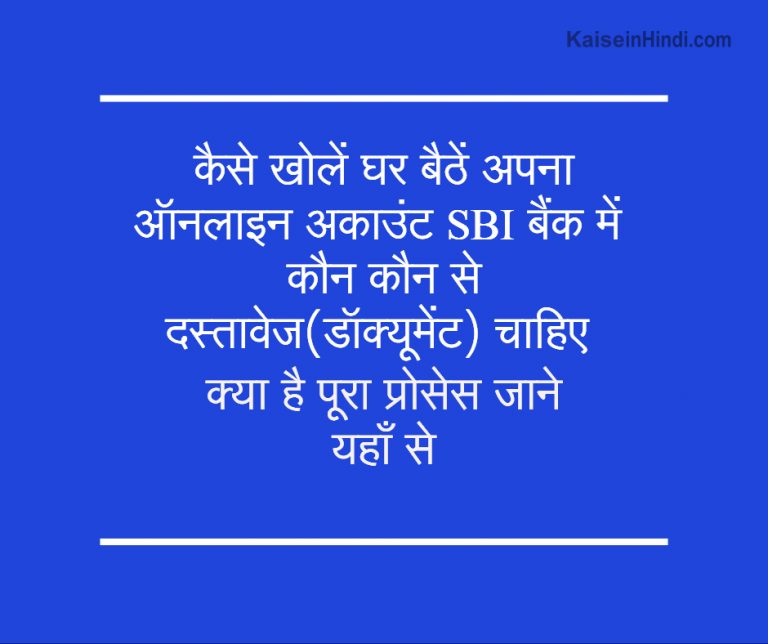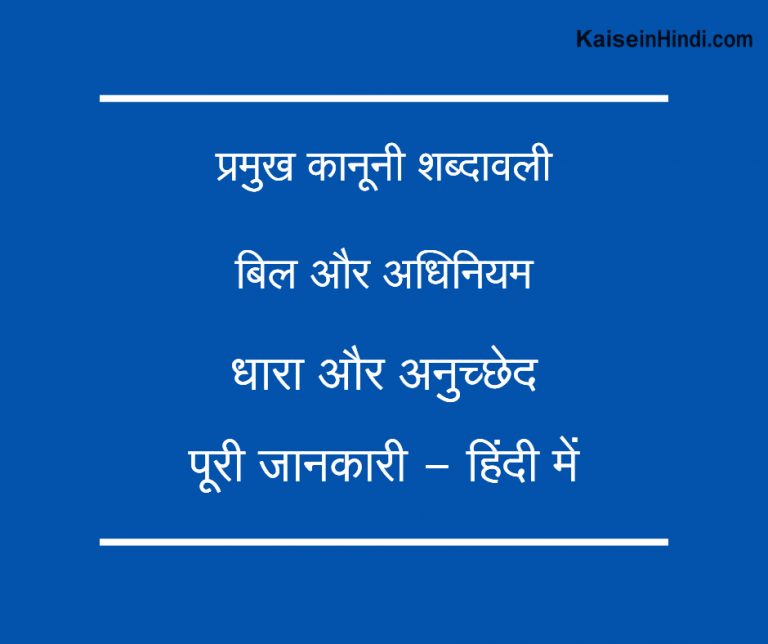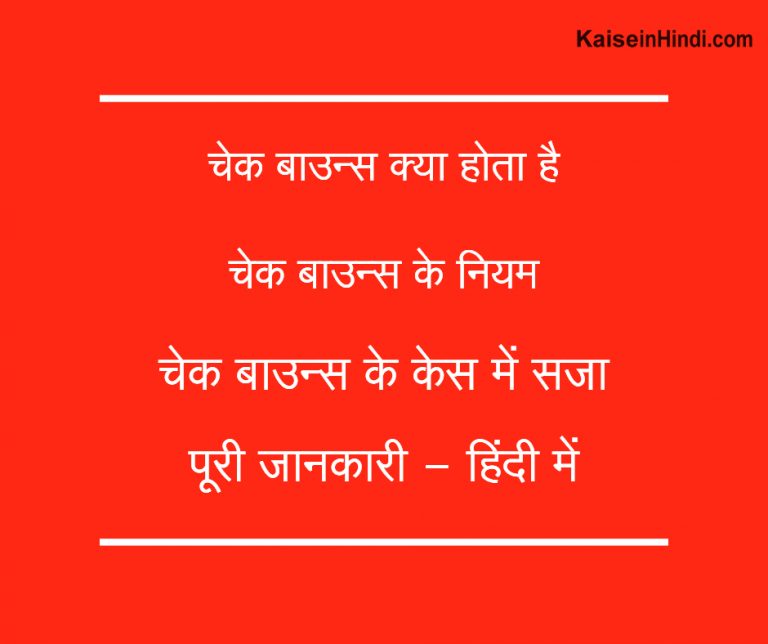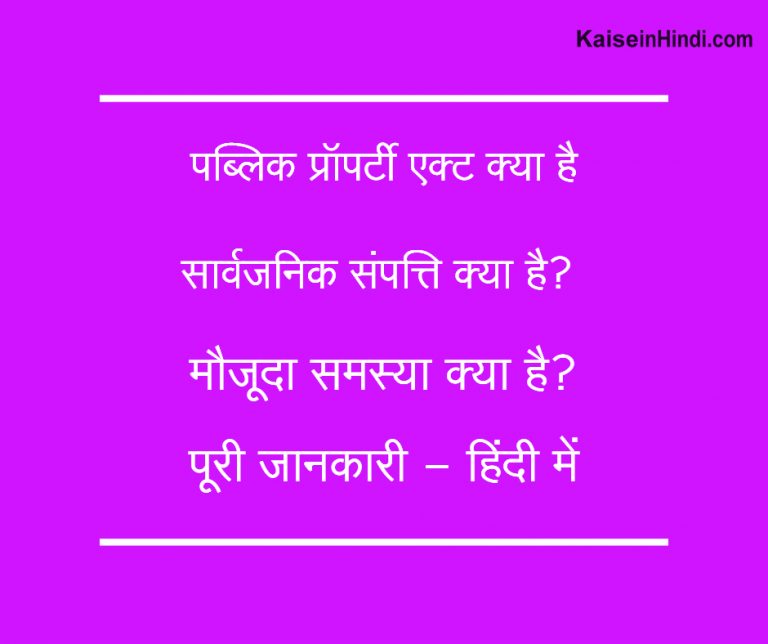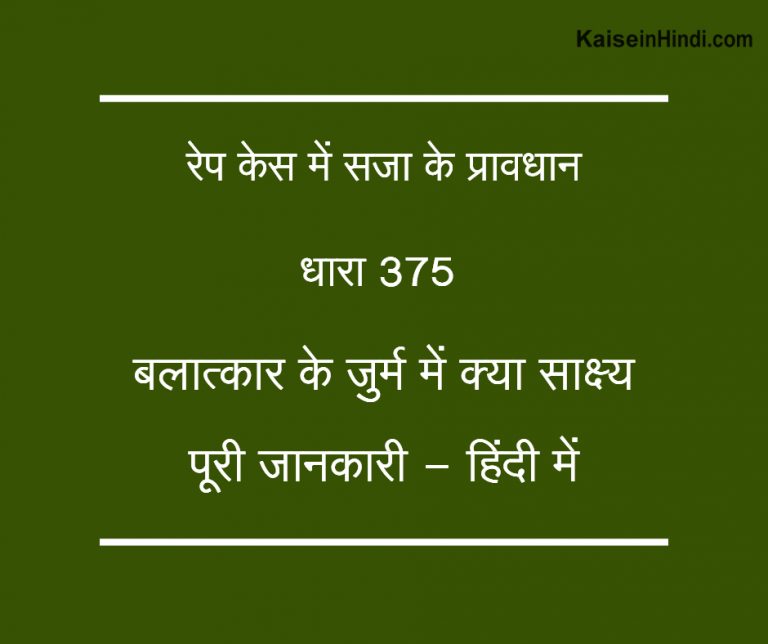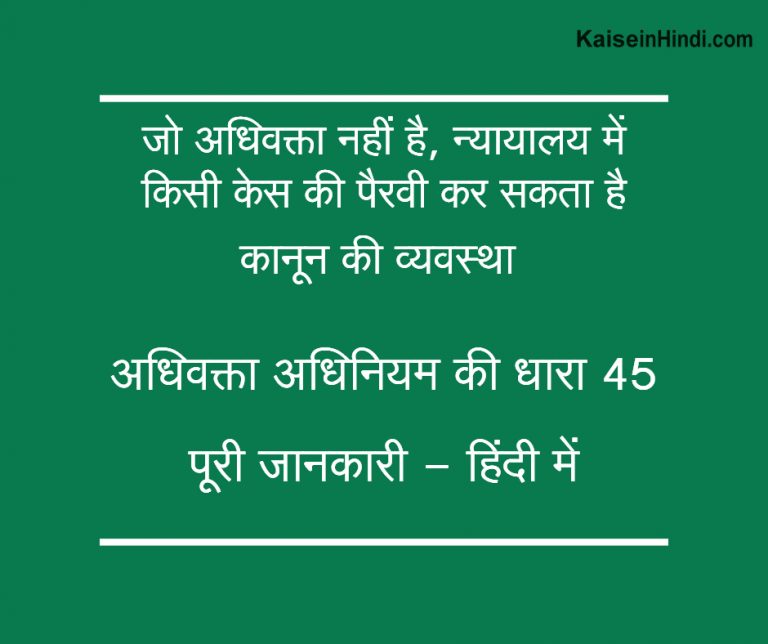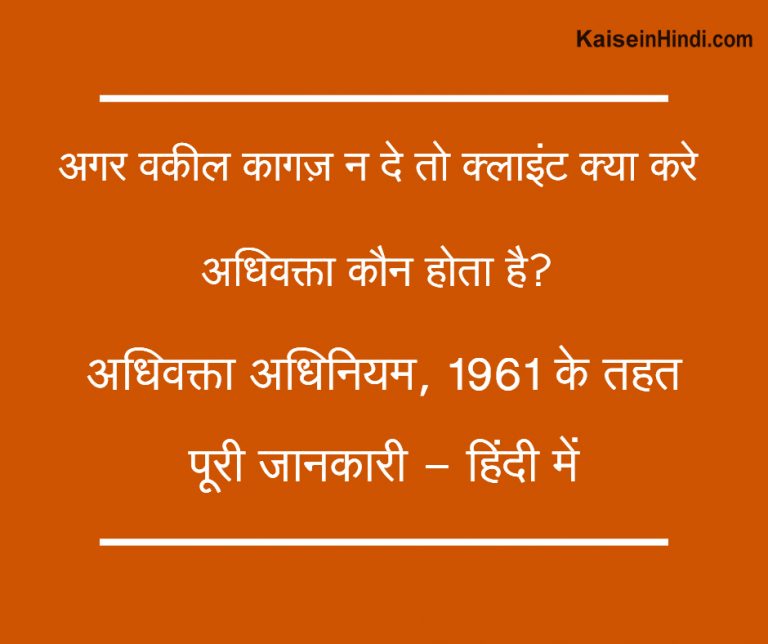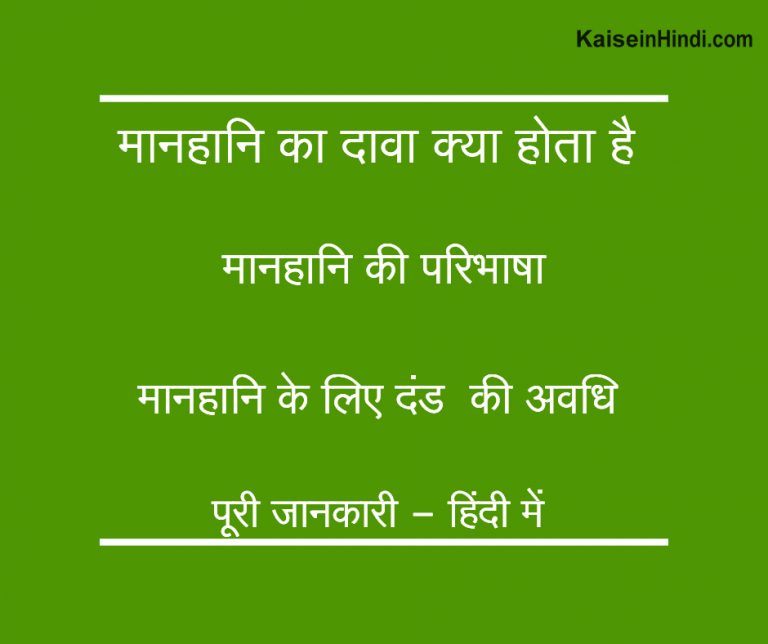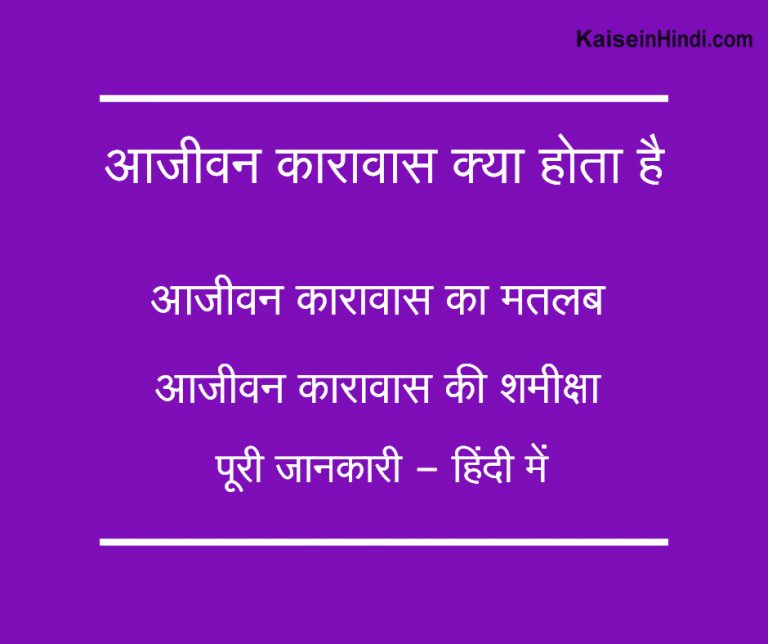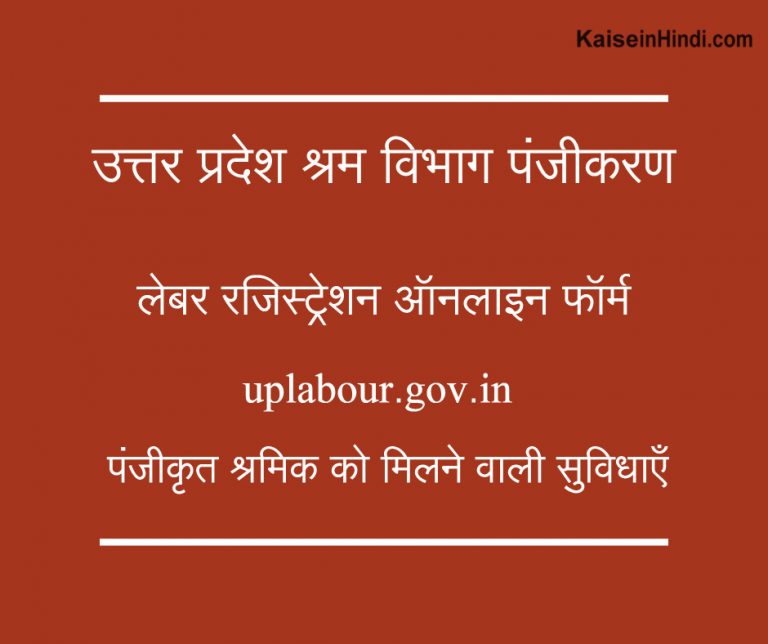what is the code of conduct rule
Before all the elections for Panchayat , Vidhan Sabha and Lok Sabha in the country, the Election Commission imposes a Code of Conduct . After the implementation of the Code of Conduct, leaders and all citizens have to follow strict rules, but a question arises in the minds of many people, what is this Code of Conduct and which rules are strictly implemented during this period. Today on this page we are giving you detailed information about the Code of Conduct and its rules.
Also read: How Lok Sabha elections are held
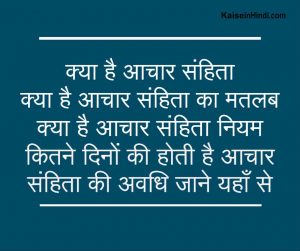
Also read: What is Central Government and how is it formed
Meaning of Code of Conduct
These are the instructions issued by the Election Commission which every party and its candidate has to follow till the end of the election. Suppose a candidate does not follow these rules or is found violating them. In that case, the Election Commission can take action against him, he can be barred from contesting the election, an FIR can be filed against the candidate and if found guilty, he can also have to go to jail.
After announcing the dates of elections in the states, the election code of conduct also comes into force there. As soon as the election code of conduct reaches into force, many restrictions are imposed on the state government and administration. Government employees become employees of the Election Commission until the election process is completed. They work on the guidelines given by the commission. As soon as the code of conduct comes into force, the Chief Minister or the Minister cannot make any kind of announcement, lay the foundation stone, inaugurate or do Bhoomi Pujan.
Also read: What is a Cabinet Minister?
election code of conduct rules
The rules of election code of conduct are as follows-
1. General rules of election code of conduct
- No party should do anything which may create differences between castes, religious or linguistic communities
- Religious places should not be used as platforms for election campaigns
- Criticism of political parties should be limited to their programs and policies and not personal
- Do not use corrupt practices to attract voters towards your party like giving bribes, harassing voters etc.
- Do not use anyone’s wall or land without their permission
- Do not disturb any party’s meeting or procession
- Political parties will not issue any appeal which hurts anyone’s religious or caste sentiments
Also read: What is the difference between Lok Sabha and Rajya Sabha
2. Rules related to political meetings
- Police officials should be informed in advance about the place and time of the meetings
- The party or the candidate should ensure beforehand that the place chosen by them is not under prohibitory orders.
- Please obtain prior permission to use loudspeakers at the meeting venue
- Organisers of the meeting should assist the police in dealing with the disruptors
Also read: How many seats are there in Lok Sabha?
3. Rules related to the rally
- Determine the time, starting point, route and ending time of the rally and inform the police
- The rally should be organised in such a way that traffic is not affected
- If political parties propose to hold a rally on the same day and on the same route, then discuss the timing first
- The rally should be taken out on the right side of the road
- Do not use things in the rally that can be misused
Also read: Know what are the fundamental rights of Indian citizens
4. Voting Rules
- Provide badges or ID cards to authorised workers
- The slip given to the voters should be on plain paper and should not contain the symbol, name of candidate or party
- Liquor should not be distributed to anyone on the day of voting and 24 hours before it
- Do not crowd in the camps set up near the polling station
- Camps should be simple
- If you drive a vehicle on the day of voting, you must obtain a permit for the vehicle.
Also read: What is the Preamble of the Indian Constitution
5. For the ruling party
- Ministers should not combine official tours with party campaigning; they cannot use government machinery and employees during party campaigning
- Government planes and vehicles cannot be used for party campaigning
- The ruling party will not have monopoly on any ground for making a meeting place or helipad, this place will be available to other parties also under the same terms and conditions as will be given to the ruling party
- The ruling party will not have monopoly on rest houses, dak bungalows, government residences or other government residences. All parties will be allotted these on prescribed conditions but no political party can use these for election campaigning.
- No advertisement will be given in newspapers or TV channels using government funds
- Guards will be deployed during the official tour of ministers in case they are staying in the circuit house
- Prior approval of the commission is necessary in case of transfer and posting
Also read: What is the difference between Governance and Administration?
Here we have provided you important information about the code of conduct and its rules , if you have any question related to this information, then you can ask through the comment box.
Also read: What is Lokpal and Lokayukta and who appoints them?
Also read: List of subjects included in the 11th Schedule of the Indian Constitution
Also read: Full Form of UPA and NDA in Hindi (What is NDA and UPA)

